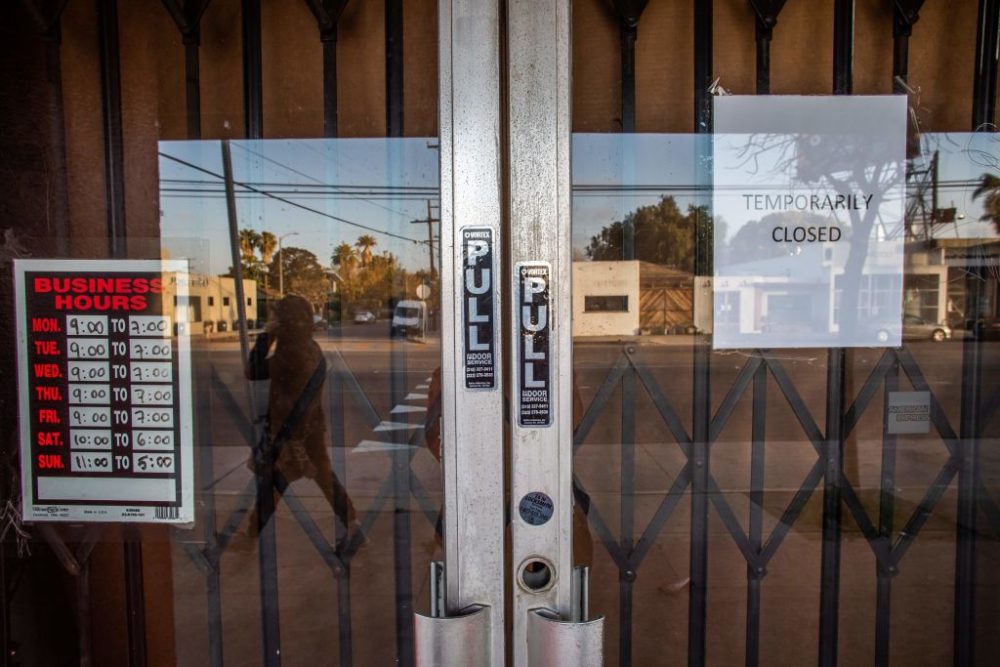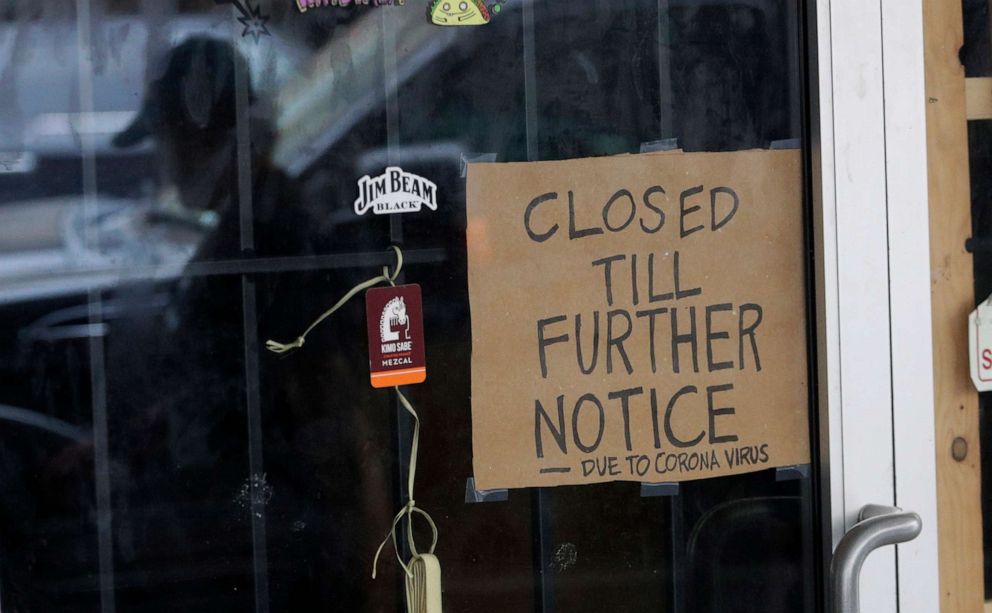During the first two months of the coronavirus pandemic, an astonishing 100,000 small businesses have had to close for good! These massive business closures have caused millions of people to lose their jobs (18 million people lost their jobs in April alone), their healthcare, and are struggling to make ends meet. Hearing this, you’d think the real estate market experienced a huge crash, right?
Surprisingly, the real estate market has managed to keep afloat, so much so, 81% of real estate agents who took part in Homelight’s Q4 survey for 2020 are optimistic that the market will only improve as 2021 goes on!
Although many markets are doing well, some of the challenges real estate agents have had adapt to keep business going as much as possible while adhering to safety guidelines, many struggles to sell houses in areas where there have been significant business closures.

Here are a few ways business closures have impacted their local communities and real estate market.
Folks aren’t interested in the areas with business closures
One of the main considerations buyers and rents look at when they’re looking for somewhere to live is what kind of job opportunities are available, what kind of activities and dining venues are available, and what the social scene is like. Unfortunately, when the pandemic ripped through the nation, businesses in the retail, dining, and entertainment industries were the biggest victims.
You’d think large cities like San Francisco and New York City would be immune to the challenges business closures have caused. The pandemic has proven that even these massive hubs aren’t immune. San Francisco’s financial district seemingly has reached “ghost town” status and the real estate market in New York City could suffer because over 500,000 restaurants have closed or on the verge of closing.
Home values and rents are on the decline
Real estate agents in markets where there have been mass business closures report that because people aren’t flocking to these areas, home values and rentals are declining. From a landlord’s or a seller’s point of view, they’ve got to do whatever they can to get some interest in their properties.
By lowering prices and rents to appeal to eligible buyers and renters, they may generate interest but unfortunately when they realize there aren’t any jobs available or there aren’t any dining or shopping outlets… They’re likely to lose interest and look elsewhere.
Homelessness is a bigger problem
With so many businesses closing or laying off employees, there is a growing number of people who are struggling to make ends meet. They can’t afford to pay their rent or mortgage, among other expenses. Since these folks have lost their jobs and they’ve probably used up all of their savings, they’re panicking because once the eviction moratorium and mortgage forbearance for those with FHA-loans expires at the end of March, they could face homelessness. Why this is such a problem, 20% of surveyed agents fear a big increase in homelessness in their markets.
It may not seem like the residential and commercial real estate market go hand in hand, the pandemic has proven that they are linked more than we thought. When businesses close and buildings remain vacant, it’s unlikely that a new business will take up the vacancy. That means that the small communities that depend on small businesses for work and consumerism may not fare too well – for the time being.
We have to remain optimistic and remind ourselves that this pandemic won’t last forever and things will improve. Who knows, if you’re a gambling sort, perhaps moving to one of these small towns may be a solid choice, especially if you have a remote job!



